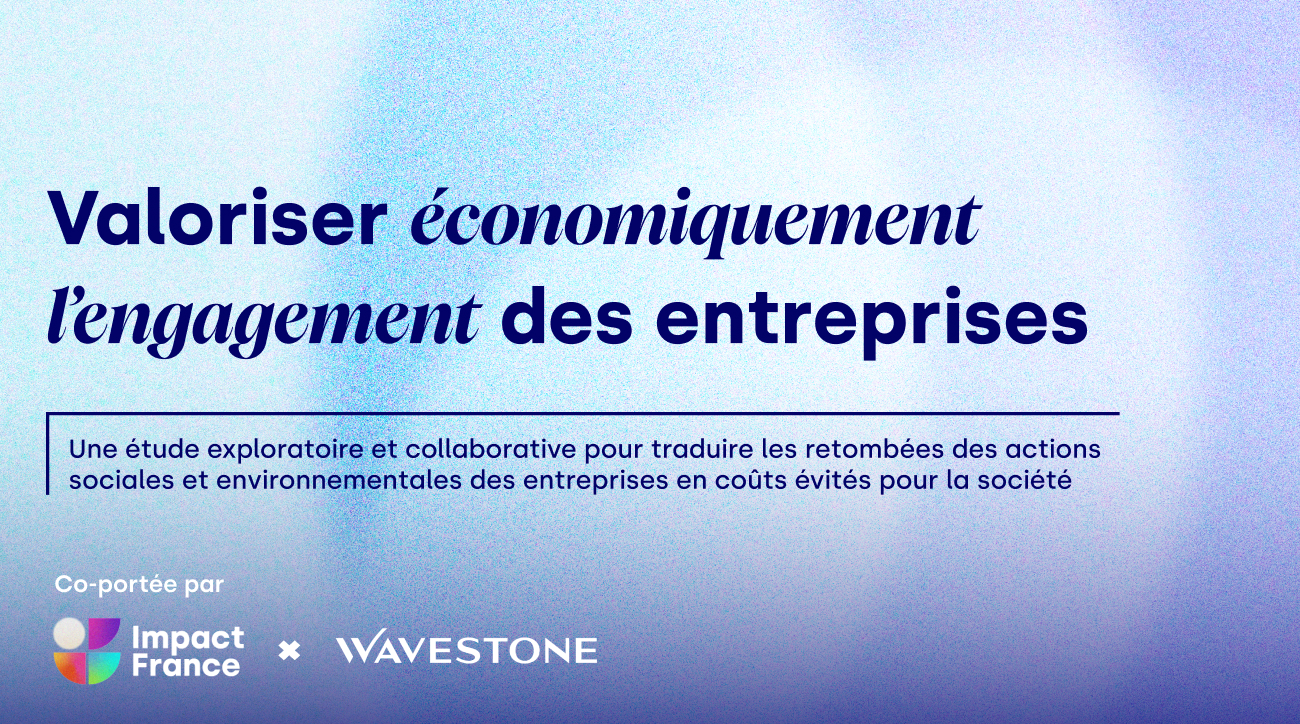For Anne-Sophie Thomas of Gestia Solidaire: SSE companies are the pioneers of tomorrow's economy!


Anne-Sophie Thomas, CEO of Gestia Solidaire, a pioneering impact company in the real estate sector, shares with Mouvement Impact France her vision of impact businesses, pioneered by social economy companies!
Gestia Solidaire is the impact real estate company I co-founded in March 2020 with the ambition of making housing accessible to 8 million tenants who may find themselves blocked in their access to housing due to a lack of guarantees such as a permanent contract, physical guarantors or stable incomes but below 3 rents.
To achieve this, we propose to change the paradigm of property investment and rental management. We're going to secure the owner against the risks of non-payment or deterioration, and optimize his tax situation, while offering quality accommodation to tenants who don't tick all the usual boxes.
I come from the social and solidarity real estate sector, and when I embarked on my entrepreneurial adventure, I wanted to make sure that the status of my organization would reinforce and guide strong values and practices.
The 2014 ESS law gave birth to these social solidarity economy commercial enterprises, which are a hybrid model that reconciles a profit-making model with the pursuit of general interest.
We have therefore taken full advantage of these articles of association, which enable us to respect all the principles of the SSE to which I am attached: participative governance, limitation of remuneration differentials, reinjection of profits into the company...
It's an ideal form of enterprise for impact companies like mine, because it gives every stakeholder in the company a common direction and vision, while guaranteeing in the long term that it's the company's mission of solidarity that will take precedence over the short-term interests of certain players.
We still lack the visibility and advantages to rally all the impact companies that exist and are being created.
It remains a rather restrictive status, and that's normal - we mustn't distort the values of the SSE - but the associated benefits are too low for the level of commitment we have.
I join the Impact France movement in its fight to develop state-financed systems for social and ecological innovation. The fact that ESUS accreditation or SSE statutes do not entitle companies to any benefits is an aberration that does not help to massify SSE companies, which nonetheless provide concrete solutions to the major challenges facing our society, from housing to healthcare, from the environment to social cohesion...
Developing the impact economy means multiplying responses to needs in the general interest. I don't understand why the public authorities don't support us!
Today, many entrepreneurs are choosing to make an impact, and I expect the Impact France Movement to continue to promote this model of impact enterprise and to attract these entrepreneurs to models and statutes derived from the social economy.
At the same time, it's also the place where we come together to grow our ideas in favor of the SSE and the transformation of the economy, and take them to the government!

